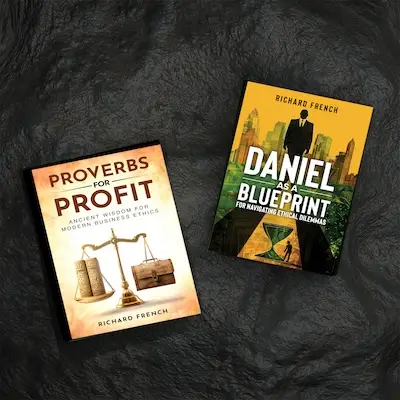In today’s fast-paced business world, the pressure to deliver results can be overwhelming. It’s tempting to take shortcuts, to put short-term profits ahead of long-term integrity. But what if I told you that these ethical shortcuts are costing your company more than you realize?
Let’s consider the story of Enron, once hailed as America’s most innovative company. Its meteoric rise was fueled by accounting gimmicks that inflated profits and hid debt. For a while, it seemed like a winning strategy. But when the truth came out, the consequences were catastrophic. Enron’s collapse wiped out $74 billion in shareholder value and cost thousands of employees their jobs and life savings.
Now contrast that with the story of Patagonia, the outdoor clothing company. Founder Yvon Chouinard has consistently prioritized ethical practices over rapid growth. From using organic cotton to offering repair services for their products, Patagonia’s commitment to sustainability and ethical business practices has not only earned them a loyal customer base – it’s been key to their long-term success.
These modern examples echo an ancient wisdom that I explore in depth in my book, Daniel as a Blueprint for Navigating Ethical Dilemmas. More than 2,500 years ago, the biblical character Daniel demonstrated that integrity and business success are not mutually exclusive. In fact, Daniel’s unwavering ethical stance was the very foundation of his rise to prominence in the Babylonian and Persian empires.
Consider this proverb: “Dishonest money runs out, but he who gathers money little by little makes it grow” (Proverbs 13:11). This ancient wisdom warns against the illusion of easy gain through unethical means. It’s a principle that holds true whether we’re talking about ancient empires or modern corporations.
So what are the hidden costs of ethical shortcuts?
- Reputational Damage: In the age of social media, news of unethical practices travels fast. A tarnished reputation can take years to rebuild, if it can be rebuilt at all.
- Legal Consequences: Ethical violations often lead to lawsuits and regulatory penalties, costing companies millions in legal fees and fines.
- Employee Morale and Turnover: Employees who witness unethical practices lose confidence in their leaders. This leads to lower productivity, higher turnover, and difficulty attracting top talent.
- Customer Loss: Today’s consumers are more ethical than ever. They’re quick to boycott companies that don’t align with their values.
- Investor Skepticism: Ethical scandals make investors wary, leading to reduced investment and lower stock prices.
- Innovation Stagnation: A culture of ethical shortcuts stifles the kind of long-term thinking and creativity needed for true innovation.
So how can companies avoid these pitfalls? Here are some strategies inspired by Daniel’s example:
- Prioritize long-term integrity: Like Daniel, who consistently chose integrity over expediency, focus on building a business that can stand the test of time.
- Foster a culture of ethical decision-making: Create systems that encourage employees at all levels to make ethical decisions, even when it’s difficult.
- Practice Transparency: Be open about your practices and be quick to admit and correct mistakes. This builds trust with stakeholders.
- Invest in ethics training: Regular ethics training can help employees navigate complex situations and make better decisions.
- Lead by example: As a leader, your actions set the tone for the entire organization. Demonstrate an unwavering commitment to ethical practices.
Remember, ethical business isn’t just about avoiding wrongdoing – it’s about actively doing good. It’s about creating value not only for shareholders, but also for employees, customers, communities, and the environment.
In Daniel as a Blueprint for Navigating Ethical Dilemmas, I delve deeper into these principles and offer a practical framework for ethical decision-making in today’s complex business landscape. By learning from Daniel’s ancient wisdom, today’s leaders can build businesses that are not only profitable, but also principled and sustainable.




